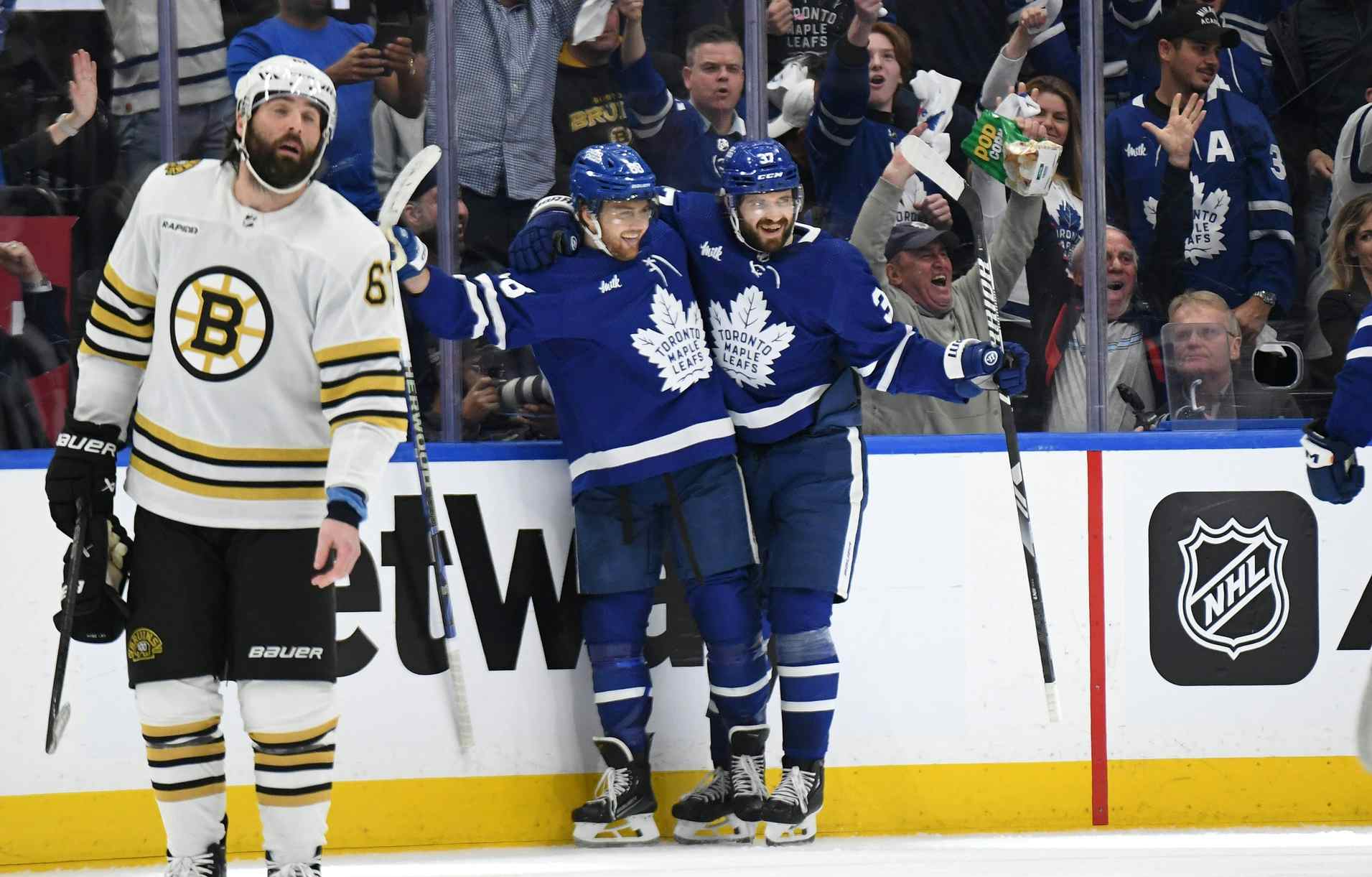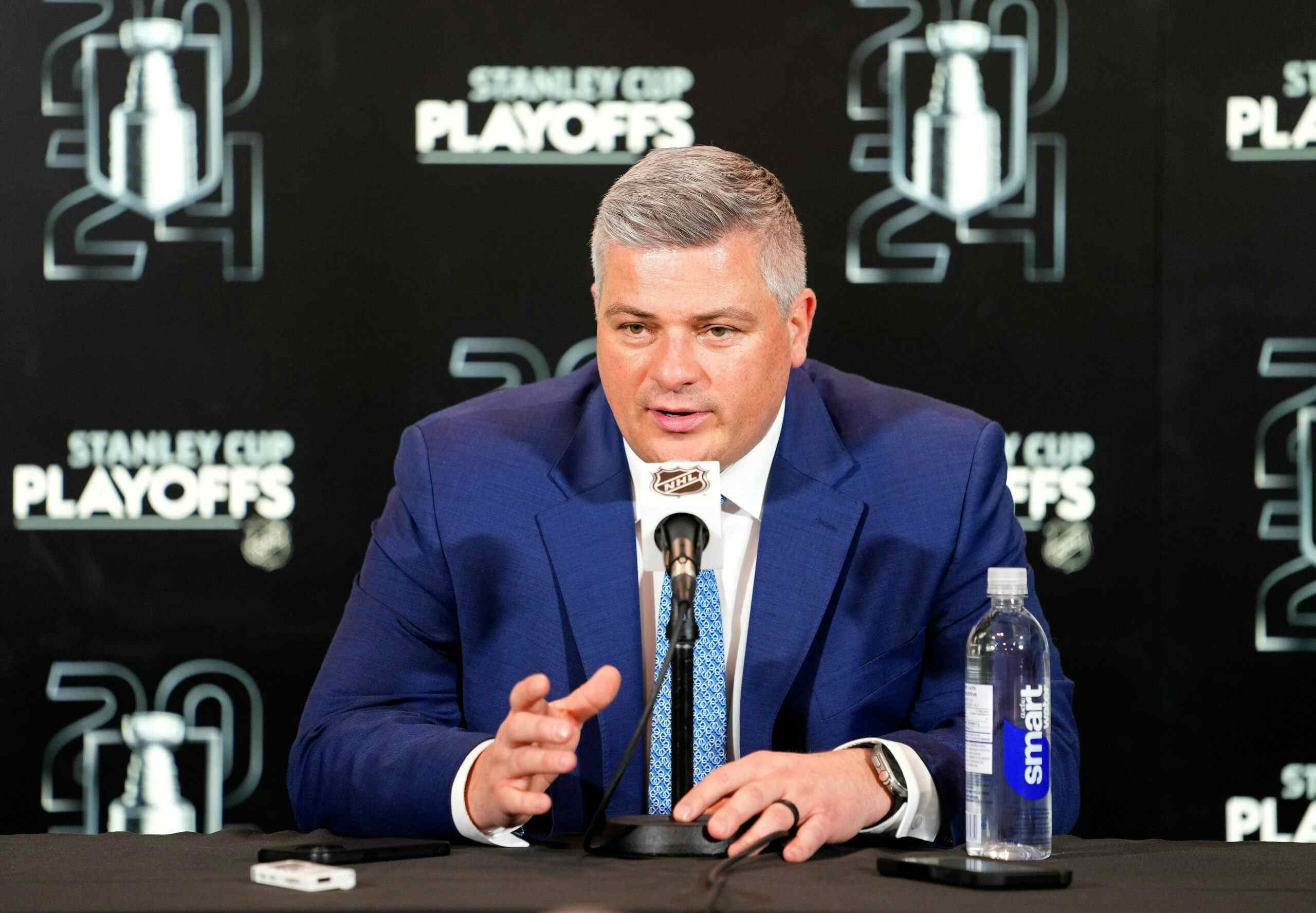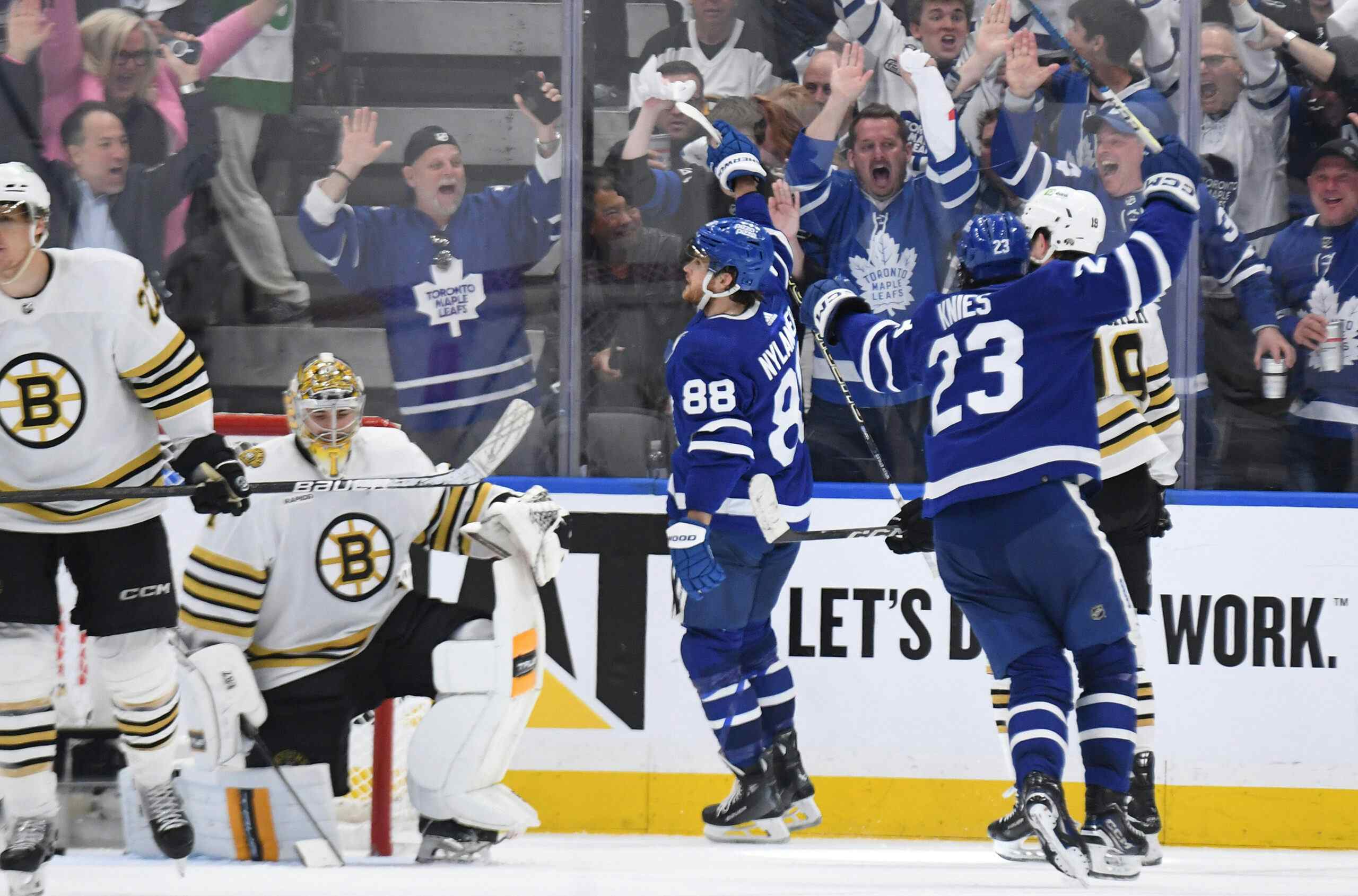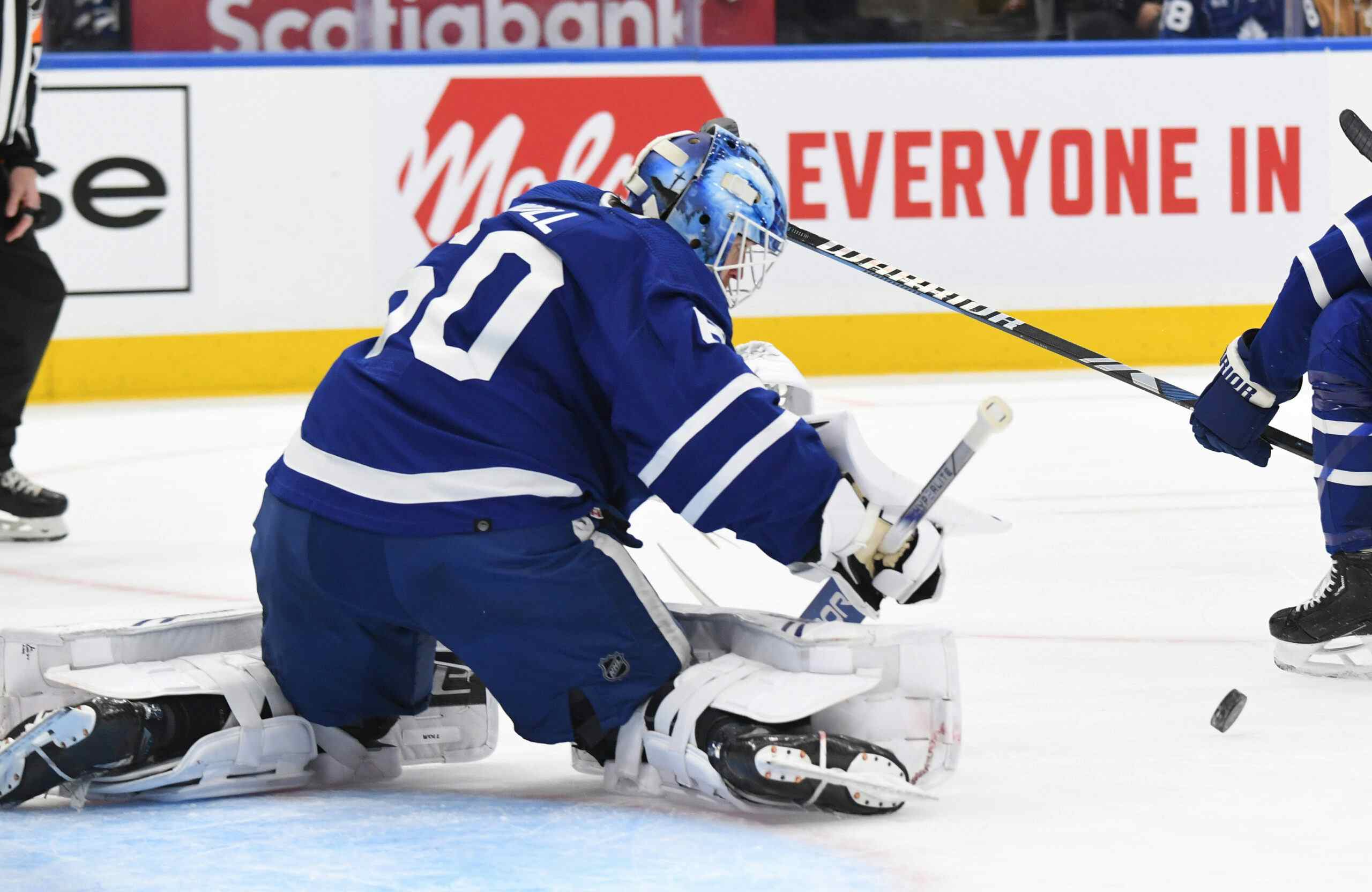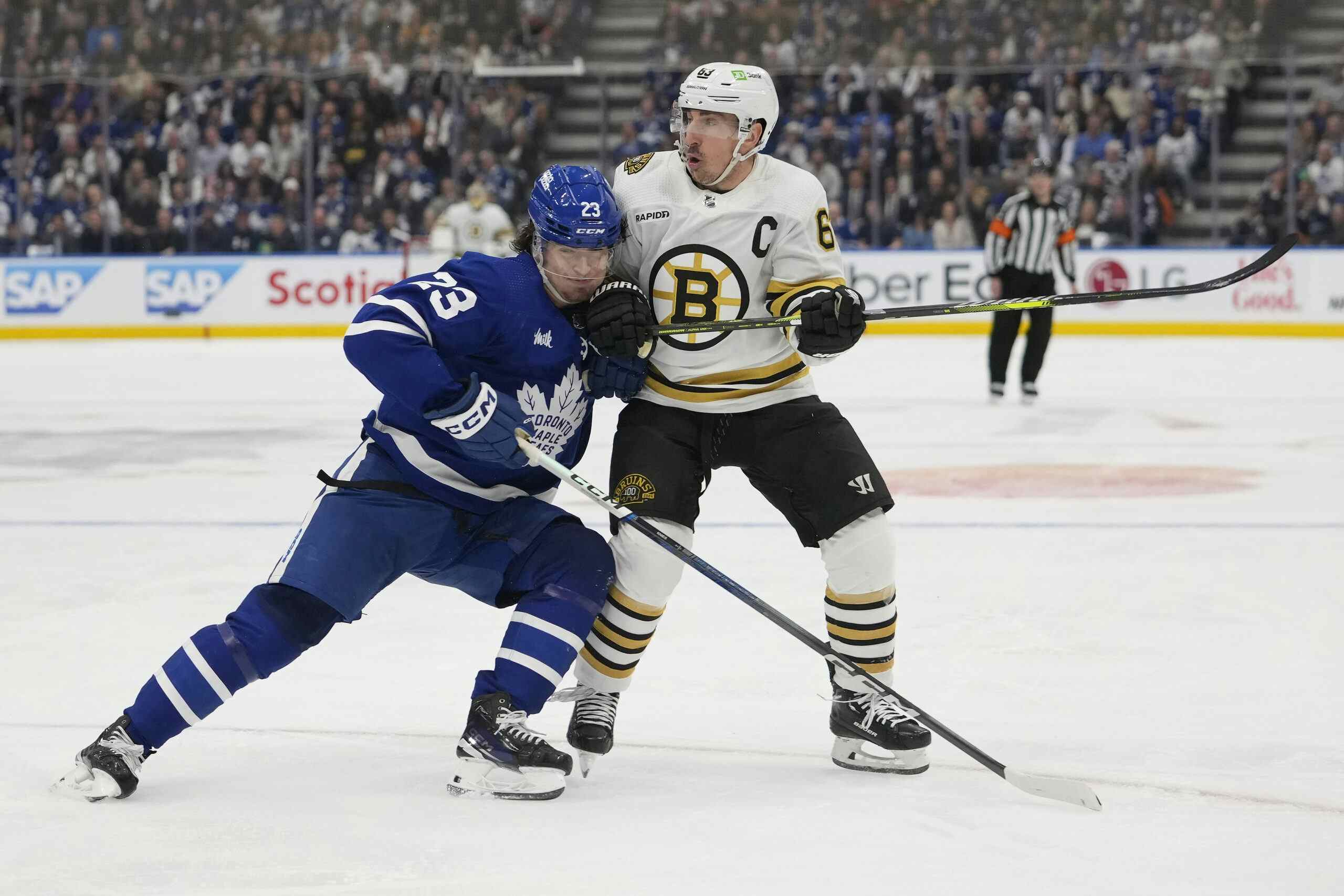What Monkeys and Hockey Fans Have in Common
By Danny Gray
12 years ago
Most people know the story of Pavlov’s dogs. He conditioned dogs to expect food at the sound of a bell. As a result when they heard the bell they began to salivate, even if no food was presented. Diehard hockey fans are similarly conditioned. The elation and misery experienced by fans can be explained by a tiny molecule in our brains called dopamine. It’s not hockey we’re all addicted to, it’s dopamine.
The Role of Dopamine
Dopamine was first discovered, by accident, in 1954 by two neuroscientists working at McGill University. James Olds and Peter Milner were performing research using rats. At this time little was known about the location of specific regions inside the brain. Fortunately for them, they inserted an electrode directly into the nucleus accumbens (NAcc) which is pleasure center of the brain. Unfortunately for the rats stimulating the NAcc with an electrical current caused them to simply “huddle in the corners of their cages, transfixed by their bliss. Within days, all of the animals had perished. They died of thirst.” At the time Olds and Milner were unable to explain what caused this behavior. Eventually it was discovered that their behavior was caused by a dopamine overload.
It’s not just that dopamine is responsible for our sense of happiness that explains the appeal of sports, but the way that the reward system works in our brains. Under the right conditions our brains can actually release dopamine before a reward is given. This was demonstrated by Wolfram Schultz a neuroscientist at Cambridge. While researching the role of dopamine in the onset of Parkinson’s disease in monkeys he discovered that dopamine neurons “began to fire just before the monkey was given a reward”. He attempted to prove this in a manner similar to Pavlov.

The Satisfaction of Being Right
Schultz conditioned his monkeys to expect juice at the sound of a tone. While doing this he was also monitoring the electrical activity in the monkey’s brain. In the first trials the “dopamine neurons only fired when juice was delivered.” After a few trials though once the monkey learned that the tone preceded the juice “the same neurons began firing at the sound of the tone instead of at the sweet reward.” These cells were called “prediction neurons” as “they were more concerned with predicting rewards than actually receiving them.” Interestingly you can add as many additional tones or signals before giving a reward and the dopamine neurons will still respond. What happens is that the monkey’s brain learns to reward itself for correctly predicting the tangible reward of juice: “if the reward arrived right on time, then the primate experienced a brief surge of dopamine, the pleasure of being right.” On the other hand, if the sequence was played out and no reward arrived, then the “monkey felt upset because its predictions of juice were wrong.”
The most interesting and relevant to hockey fans, aspect about the system is that “it’s all about expectation. Dopamine neurons constantly generate patterns based on experience: if this, then that.” As fans we received a release of dopamine when our team scores a goal, makes a big save, gets in a fight, throws a big hit, wins a game. After watching enough hockey our brains begin to learn which events precede these “rewards”. This is why we stand during a breakaway, or get excited for a powerplay, our brains are expecting a reward to follow. Again, as with the monkeys, the various tones and signals have been extended further back. We get excited before the game starts in anticipation. Our brains are already releasing dopamine with the expectation of a reward.
The system also explains why losing bothers us so much. When the game is done and no rewards have arrived, our dopamine neurons fire less frequently. The technical name for it is the prediction-error signal. Not only did our favourite team lose, but our brain was wrong about the arrival of a reward.
I think this also explains “emotional investment” people have in a team, or the difference between a casual and a hardcore fan. The more games you watch the further back the prediction sequence extends and your brain becomes more conditioned to the reward system. It’s the expectation of the reward that makes watching a hockey game such a pleasurable experience.
- The science that I have probably butchered comes from Jonah Lehrer’s book How We Decide.
Recent articles from Danny Gray

